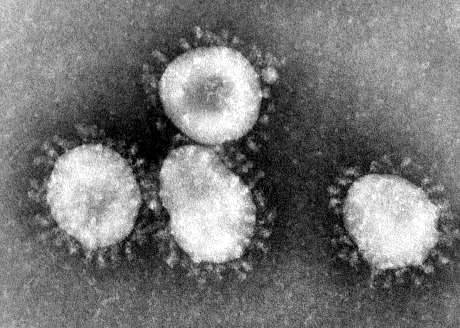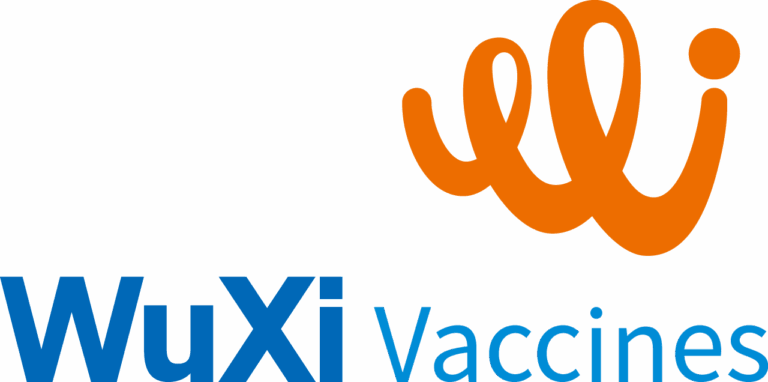- the natural history of the virus, its transmission and diagnosis;
- animal and environmental research on the origin of the virus, including management measures
- at the human-animal interface;
- epidemiological studies;
- clinical characterization and management of disease caused by the virus;
- infection prevention and control, including best ways to protect health care workers;
- research and development for candidate therapeutics and vaccines;
- ethical considerations for research;
- and integration of social sciences into the outbreak response.

12 February 2020, Geneva, Switzerland – Following the reconvening of the Emergency Committee on the novel coronavirus (2019-nCoV) under the International Health Regulations (IHR 2005) a public health emergency of international concern was declared on 30 January 2020.
Leading health experts from around the world met at the World Health Organization’s Geneva headquarters to assess the current level of knowledge about the new COVID-19 disease, identify gaps and work together to accelerate and funding priority research needed to help stop this outbreak and prepare for any future outbreaks.
The 2-day forum convened over 300 scientists and researchers from a large variety of disciplines.
They discussed all aspects of the outbreak and ways to control it including:









